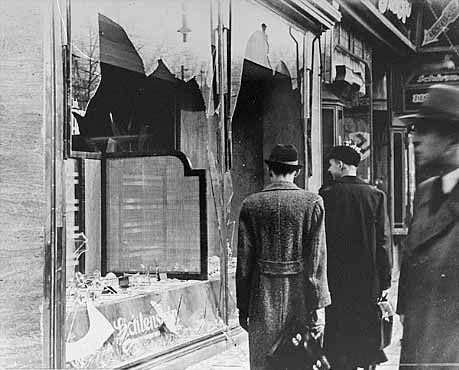On the night of November 7, curiously only two days shy of the 86th anniversary of Kristallnacht, Europe was the scene of a fresh pogrom in which hundreds of antisemites targeted Jews for pre-meditated, coordinated violence in the streets of Amsterdam.
Groups of attackers – many of them masked, carrying Palestinian flags, and shouting pro-Palestinian slogans – emerged from hiding in alleys and train stations and hotels to ambush Israelis who were leaving a soccer match between the local Ajax team and Maccabi Tel Aviv. Shocking video footage – some taken by the perpetrators themselves – shows Israeli and Dutch Jews being chased and assaulted with knives, bats, boots, and in at least one instance, an automobile committing hit-and-run.
This was no garden-variety soccer hooliganism, as it was initially described by some disingenuous media outlets. The attacks reportedly were orchestrated in advance and carried out by members of the Dutch Moroccan and Dutch Turkish community. De Telegraaf reported that perpetrators used the messaging app Telegram to announce a “Jew hunt” ahead of the attacks, prompting some to travel from far outside Amsterdam to take part. Muslim cab drivers throughout the city reportedly helped coordinate the assaults.
“They knew everything,” said 30-year-old Shachar Bitton, a Maccabi fan. “They knew exactly where we stayed. They knew exactly which hotels, which street we were going to take. It was all well-organized, well-prepared.”
The Network Contagion Research Institute (NCRI) subsequently published an exposé highlighting the involvement of an organization called the Palestinian Community in the Netherlands (PGNL in Dutch). PGNL, which uses instant messaging apps to organize activism in the country, is connected to the Palestinian terror group Hamas. It is led by Syrian-born activist Ayman Nejmeh, a self-described former teacher with the United Nations Relief and Works Agency (UNRWA). UNRWA members in Gaza have been exposed for aiding and abetting Hamas terrorists.









